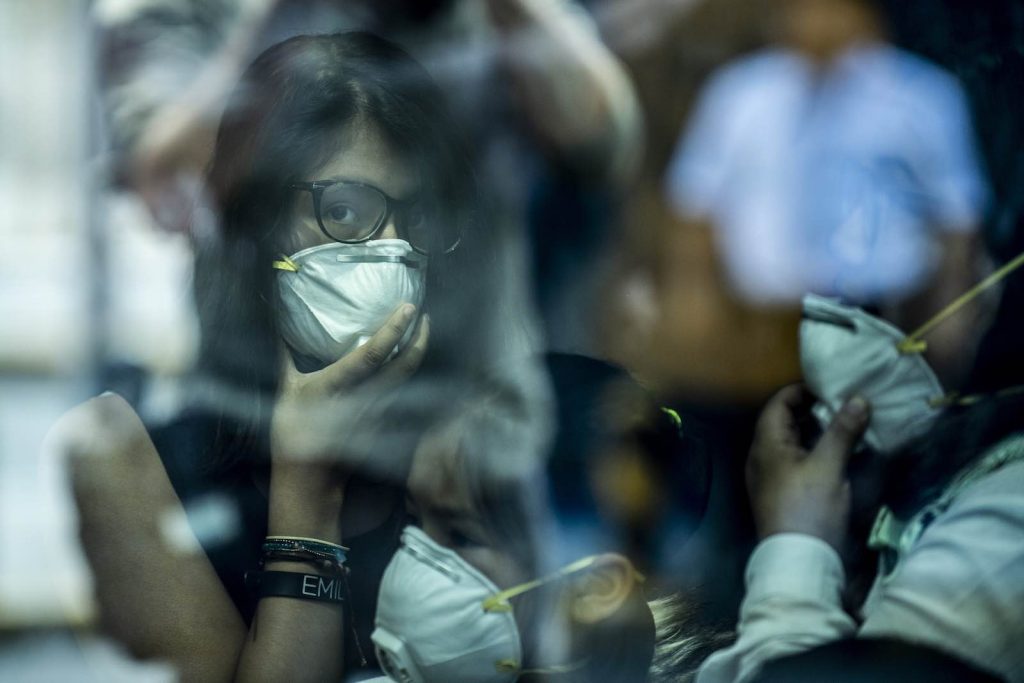Social Media Leaves Content Moderation to AI Amidst Pandemic.
In June of last year, we spoke with Child psychologists and consultant to webmaster Dr. Adam Pilar about how cyberbullying affects children. And what parents can do if their children are being harassed online. But cyberbullying is not the only concern when it comes to digitally intelligent children.
Recently, we have been an expert on the upbringing and founder of IParent101, LLC in the digital age for further information. Reached Peter. This time we explored how uncontrolled Internet exposure and device use affect children.
What can be the negative effects of internet exposure on a child?
Even if a child is not a victim of cyberbullying, what can be the negative effects of internet exposure on a child? Similar to the impact of the uncontrolled Internet on adults, children may experience many negative effects of overuse. Including hyper-focusing on less important life tasks – for example, posting on Instagram often doing math homework, or never playing Can be a lot more attractive than that. Terminating the game on your device (in many games, the user can replay indefinitely). Similarly, deflection and overstimulation affect children as their regulatory and decision systems. That is underdeveloped until the age of 25–30 years (i.e., normal human development). This puts the children at a disadvantage because they often lack self-awareness. That the time spent scrolling TickTock, for example, leaves them feeling exhausted. And overwhelmed by mature content and constant (exciting) excitement.
Social media and content moderation are constantly evolving.
Social media and content moderation are constantly evolving. In your profession, have any new challenges arise with the changing Internet scenario?
Any new behavioral trends in patients?
Starting young on text messaging apps (eg, iMessage) are managing private. Often intense, social relationships by caring for children and adolescent adults, with little support, advice, or supervision. Unlike previous generations, children in the digital world. Are drawn to their specific interests through games, applications, YouTube, or basic web browsing and are often ill-equipped. To manage content independently, worrying, depressed mood. And correlate with reported symptoms of deviance.

The main trend I see in my office is that the average age of a child navigating the adult Internet is less and less. TikTok is the simplest example, as well-intentioned. Loving parents struggle to become aware of the scrolling video content their child consumes.
Can you tell us what is social media and internet addiction?
Can you tell us what is social media and internet addiction? Are children particularly vulnerable to this?
In short, easy access to amazing, exciting, infinite content catches our attention and makes us feel good as it defies us and hits the reward center of our brain — so the more we scroll, Play, and click around, the better. Feels Add to the stresses of life, this material provides an easy escape/copulation strategy – to drip morphine into your pocket, at your fingertips. This is true for all humans, but especially true for children/adolescents. Depending on their developmental stage, often lack the regulation skills and resources to apply breaks and cope differently.
Are digitally-aware children aware of the negative impact they have on them?
Yes. Most children I talk to are mostly aware of the potential negative effects (on other people) and often understand how they are making tradeoffs because they choose how they spend their time, ie Tiktok vs Mathematics Playing with your dog versus homework. Social Media Leaves Content Moderation to AI Amidst Pandemic.
Is it surprising for them to find out that the use of their equipment can cause a change in mood or anxiety attacks?
Also Read: Online Shopping Apps
Usually, they can see the relationship after the fact, but not in the moments when they are feeling upset or anxious. This is true for many adults, who have likely developed a completely regulatory system.
How often do patients openly welcome ideas regarding devices and the Internet?
Many children are fine with the idea of basic boundaries (especially when parents start when they are young), yet underestimate their ability to set their boundaries. They fail to see how many aspects of the digital world are designed to grab our attention, causing them discomfort, and loss of time awareness as they continue to click and play.
Therefore, my push is for parents to engage with them, mentor/model healthy screen time habits, and set enforceable boundaries as appropriate ways to help their children self-regulate over time Search. Janaka is a noun and a verb.